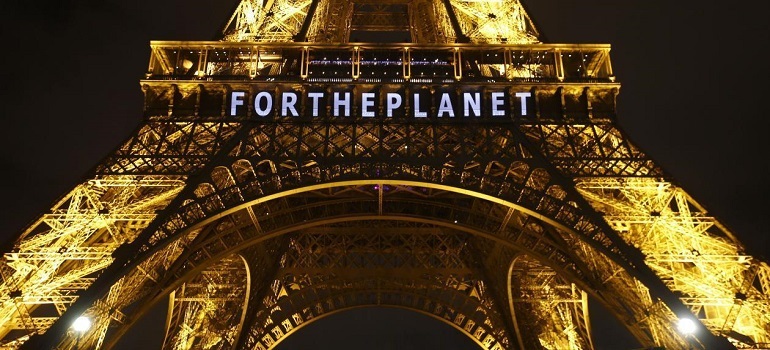
Two weeks after World Earth Day and the US Climate Action Week, Indian businesses came together to demonstrate their ambition and commitment to climate change at the India’s Road to COP26 Summit. Hosted by the Climate Group, in partnership with the UK Government (which holds the Presidency of COP26) and Customized Energy Solutions, the summit sought to ensure concrete steps are being taken by Indian companies towards mitigating carbon emissions and co-building resilient systems of clean energy, transport and industrial efficiency.
Divya Sharma, India Executive Director, Climate Group, said, “India is facing unprecedented times with the new wave of the pandemic. We understand that the path to recovery will be a big task for the country, and a massive investment of resources will be required to transform systems and build resilience across sectors. We will have to do all of this while other challenges, such as climate change, call for urgent action. It is in times like these that renewed commitments and forging action-oriented, powerful partnerships becomes crucial.”
Dr Rahul Walawalkar, President and MD of Customized Energy Solutions (India) said, “We need to strive to move towards deep decarbonisation across electric grid, transportation as well as industrial sector to help address the climate change risks within this decade. The economics of renewables are undeniable. We see energy storage as an enabler for both greener grid and electric transportation. Green hydrogen and storage together can also help us achieve similar decarbonisation for industrial sectors like steel, fertilizers, petrochemicals, and cement.”
Strengthening capacities and amplifying voices
The summit was attended by Minister Prakash Javadekar of the Ministry of Environment, Forest and Climate Change and Dr John Murton, UK’s COP26 Envoy emphasising efforts to build capacities, access cutting-edge technologies and amplify diverse voices in India’s journey to meeting its climate goals under the Paris Agreement.
With global attention now on India, the third largest carbon emitter, and one of the fastest-growing economies in the world, business action to support climate change is key to enabling India to step up its ambition on its NDC and align with a trajectory of 1.5°C, setting India on an ambitious decarbonisation path for the next decade.
Leading cement companies become Climate Group’s first triple joiners in India
Dalmia Cement and JSW Cement – two leading Indian cement companies – have committed to the Climate Group’s flagship business initiatives on climate change. Dalmia Cement committed to EV100, alongside their previous commitments to RE100 and EP100, while JSW Cement, today committed to all three business campaigns – RE100, EP100 and EV100 – in one go.
Globally, no heavy industry company has before now committed to all three of Climate Group’s business initiatives. The triple commitment from Dalmia Cement and JSW Cement is a significant moment for Indian business, underlining their leadership on climate change and increased ambition despite the challenges of the ongoing pandemic.
Speaking on the initiative, Mahendra Singhi, MD & CEO, Dalmia Cement (Bharat) Limited said, “We are delighted to extend our commitment to Climate Group’s EV100 campaign. By joining EV100, we have now become a triple joiner of the Climate Group’s business initiatives including RE100, EP100 and EV100, thus sending powerful signals to the global manufacturing space. We are fully convinced that restricting and avoiding CO2 emissions from vehicles, energy sourcing and industrial manufacturing will make a great impact on the environment. We are committed to supporting our climate and business philosophy ‘Clean & Green is Profitable and Sustainable’. This has helped make us one of the lowest carbon footprint cement producers and one of the most profitable cement company in India.”
Nilesh Narwekar, CEO, JSW Cement Ltd, said, “We believe in the power of commitment, in the power of cooperation and in the power of change. Equipping ourselves with these, we begin our fight against climate change.”
As part of Dalmia Cement and JSW Cement’s EV100 commitment, both companies have made an exceptional voluntary commitment to electrify a portion of their heavy-duty vehicles (vehicles weighing more than 7.5 tons) going above and beyond the minimum commitment criteria of EV100. This is a testimony to extraordinary leadership in a market that is difficult for electrifying transport, driving demand and opening up markets for heavy-duty electric vehicles in India.

